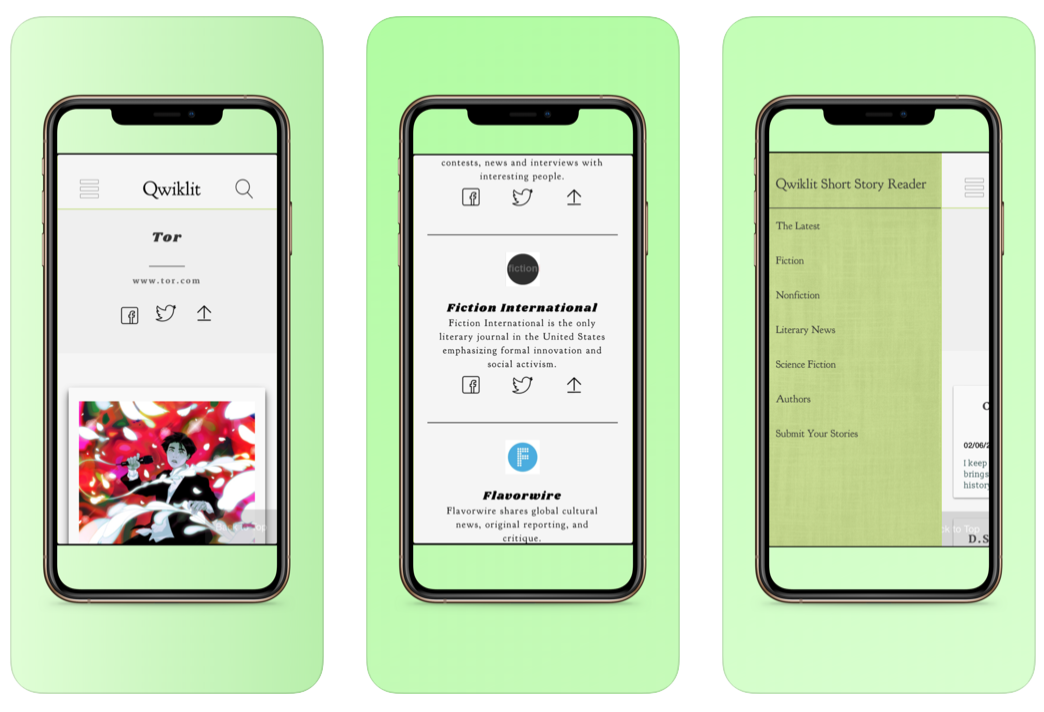As we now mourn and celebrate the passing of one of the pioneers of African literature, I just want to look back at one of Achebe’s most controversial moments. In 1977, the Nigerian author wrote “An Image of Africa: Racism in Conrad’s ‘Heart of Darkness'” in the Massachusetts Review, and since then, the short essay has become a major counterpoint to much of the novella’s critical analysis.
Joseph Conrad first published Heart of Darkness in 1899, and almost immediate, the short work became one of the most harrowing indictments of colonial occupation in Africa. While other literary heavyweights were promulgating the white man’s burden, Conrad delivered a calculated expression of horror across a decaying Europe and a ravaged Africa. The novel has ultimately become the Keystone of colonialist literature, a sub-genre on decoding the dissonance and after-effects of European colonialism.The 1979 movie Apocalypse Now , based on Conrad’s novella, briefly revived its popularity for the Vietnam War generation, where Marlon Brando echoed the words of Colonel Kurtz, the crazed, corrupted and dying Ivory dealer:
“The Horror! The horror!”
Many forget that beyond the harrowing descriptions of Belgian destruction beyond the Congo, few African characters contribute to the story, and those that briefly appear disappear just as easily. Heart of Darkness is a trip into an unknown world that the narrator has trouble describing, but unfortunately, the African people are dehumanized in the process.
Achebe wrote the essay in a sarcastic tone like someone who’d read the book for the first time and couldn’t believe no one has seen such overt racism. Here are some of the finer moments he reminds the readers of:
They were dying slowly it was very clear. They were not enemies, they were not criminals, they were nothing earthly now, nothing but black shadows of disease and starvation lying confusedly in the greenish gloom.
And Later:
A black figure stood up, strode on long black legs, waving long black arms.
And when Conrad praises the beauty of the Congolese, his subjects become fully-formed manifestations of nature:
She was savage and superb, wildeyed and magnificent…She stood looking at us without a stir and like the wilderness itself, with an air of brooding over an inscrutable purpose.
The most remarkable part of Achebe’s essay is how convincingly he attacked such a reputed work. Not only that, but many saw Heart of Darkness as an indictment of racism, not a promoter of it. Yes, Conrad had been dead for 50 years, but the novella had been (and still is, mind you) a staple of high school and undergraduate syllabi. It may is still associated with ideological change, but Achebe points out that it did little to separate the Europeans from their own echo-chambered perspective.
Chinua Achebe established a genre of literature that had previously remained unfilled in the English language, but ironically, Heart of Darkness—written over half a century earlier—was still the standard image of Africa imprinted upon the European consciousness. He argued that the short novel did nothing but vindicate European businessmen and imperialists. In the same way that online causes get saturated by half-baked slacktivism, the intellectual circles of London and Brussels could now breathe easy, at least now that the societal view was shifting.
Heart of Darkness unfortunately depicted Africa from afar when people thought it was an intimate continental experience. While Conrad believed he was exposing the inhumanities of Belgian occupation of the Congo, his shadowy figures that lined the Congo River were nothing more than petty caricatures. Achebe was both a creator of ideas and a challenger of pre-existing notions. Since Things Fall Apart, many contemporary authors have gone against larger cultural institutions to celebrate their own histories and their own heritage, popularizing genres such as magic realism.
Achebe proved that literature can only develop if it challenged, even if the adversary you go against may not be so obvious.








1 Comment »